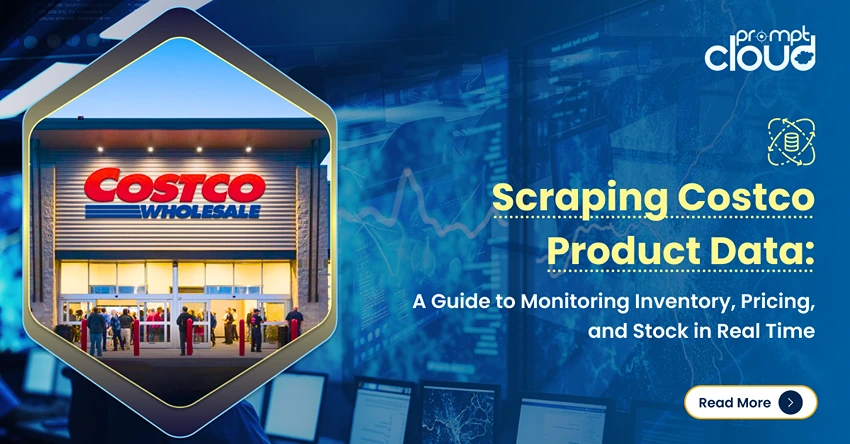The wide reach of the internet has enhanced the number of users coming online to carry out their day-to-day tasks and make purchasing decisions. This advantage to the users has propelled multiple businesses online to cater to this growing segment. While the reach and influence of the internet is penetrating each and every phase of life, there is some interesting action happening from innovative minds looking to utilize the deep reach of the internet to add meaningful value to users’ lives. Be it cab aggregator services or smart data mining, technological advancements and the spread of the internet among the world’s population ensures that new ideas never go out of fashion, provided they benefit the target users in a way that has never been done before.

Take the case of the humble travel operator. Earlier, we used to enlist their services for booking bus, rail, or plane tickets. They would do the needful and share the ticket with us. However, in the present time, the reach, influence, and responsibilities have increased manifold for the travel operators. Aided by technological improvement and innovation, they are now in a better position to let us know which hotel will have the lowest room rates, which place will have zero occupancies, and which type of accommodation will be best suited for a given customer’s requirement. And a major enabler of this improved level of servicing is the access to travel data feeds.
Exploring the business value of travel data feeds
For an online travel agency or an operator, today, it is possible to run the entire operations virtually. By coming online, he can service customers, as well as, get the latest quotes from hotels across his territory. And a big contributor to this ease of carrying out operations is due to the availability and access to travel data feeds.
When customers want to book a vacation or a hotel, they are no longer surprised by the wide array of options available to them, from which they can make a choice. While customers think that all this information is made available to travel operators by the hotels and restaurants themselves, this is often not the case. The intelligence is often relayed to online travel agencies (OTAs) through real-time travel data feeds. These travel data feeds provide various facilities like price comparison, hotel search, ratings, reviews, and rental sites. They also help add value to many accessories like package building, maps services, or weather data.
As the travel, tourism, and restaurant industries combat a complex digital ecosystem, these travel data feeds come across as a business enabler. It helps them serve the increasingly connected customers who want to research their next meal or vacation online with specific ‘long tail’ keywords. With travel data feeds, the tour operators and OTAs get the chance to compete well with the enhanced level of connectivity enjoyed by the user today. They also help the OTA to utilize a vast range of digital marketing applications with significant results.
Why do travel data feeds work better than hotel aggregators
Many would put a point that hotel aggregators are the best source of intelligence on pricing and availability for travel operators. However, this is not true. Take the case of GTA and HotelBeds. These were pretty popular choices of hotel aggregator services. But these were before services like web scraping came into existence. Below are some ways in which raw travel data feeds work better than hotel aggregators:
Hotel Spread –
The key power of travel data feeds is the amount of hotel properties covered. They are far more than the inventory carried by traditional travel aggregator services like GTA and HotelBeds.
Cost Optimization –
Travel data feeds help to bring down cost of operation for the travel operators by a significant margin. Instead of having standard margins payout, operators can play strategically. They can easily promote the hotel that provides 35-40% margins, rather than the standard 5-8% offered by hotel aggregators.
Data Convenience –
Another key advantage is that it can send the travel data feeds to travel operators in a format they are comfortable with. Be it XML, JSON or CSV, Travel Data Feeds can be availed in these popular data export formats for quick use.
Customers are more informed than ever. For travel and hospitality needs, like restaurant reviews and hotel reviews, room bookings, or exploring existing offers, deals, and discounts, they can now go online and make an informed choice. This denotes the amount of influence the internet has had on users’ travel plans. And OTAs and tour operators don’t want to be left behind. Hence travel data feeds come in handy.
These data feeds utilizing technology ensure that there is no overbooking or duplicate bookings, especially when one hotel may be present and open to booking across multiple distribution channels. The right solution helps eliminate long hours of administrative work to manage these bookings and provide round the clock service to clients online.
The OTAs and tour operators get these data by tying up with the hotels, thus enabling them to access the latest data in real-time through XML feeds or APIs. Instead of individual hotels now having to log in and load the prices, now there are automated interfaces at the hotel end that helps relay their data over the Global Distribution System (GDS). The GDS then passes on this information to travel websites operated by the OTAs.
Challenges in present system of travel data feeds
When aggregating data online, travel operators and OTAs need to account for a lot of challenges like –
- You need to align a lot of time and resources to fetch the data from these sources and then get it integrated into your systems. This means you need to put your focus and energy on this activity which can otherwise be channelized to other meaningful activities to help grow the business.
- Having the web scraping accomplished needs full time resources and lot of processes aligned to the activity to achieve results. A technically sound person will be best suited to carry out the complex tasks involved in web scraping for these restaurant reviews and travel data feeds.
- Cost overhead too acts as a barrier for SMEs and startups who want to be as lean as possible when operating in a competitive economy. There is cost to be factored in for elements like initial setup, configuration, learning, and long term maintenance.
- Verifying the quality, accuracy, and integrity of the travel data feed too becomes challenging. These problems increase every minute the data get refreshed in real time.
How technology helps
Web scraping services provide a feasible solution to travel operators in letting them get their hands on travel data feeds with reliable precision and prompt timeliness. They make available refreshed data from leading aggregators in order to help travel operators to serve their end customers better. They simply need to select the pre-defined feeds and pick the travel data feeds they need access to. They can then go about their work, as the automatic data feeds relay begins to happen to their systems.
This is done without the need for adding hardware to their existing setup or aligning a dedicated resource specifically to administer the data feeds as they come in. The fully automated process is geared to let travel operators improve their client servicing skills, and grow their business rather than spending time on accessing, sorting out and integrating travel data feeds into their portals.
Parting thoughts
Evidently, the concept of travel data feeds has opened up a world of opportunities for OTAs and a lot of avenues worth exploring for the end-user. In order to gain a competitive edge, they can enlist the services of expert technology solutions provider to help in web scraping of prices, availability and reviews of different hotels and restaurants. This will help empower their end-users and thus provide a heightened level of customer service for today’s connected and socially active customers. Get travel data from DataStock.
Stay tuned for the second part of our upcoming post on scraping images for your image search engine.
Planning to acquire data from the web? We’re here to help. Let us know about your requirements.



















